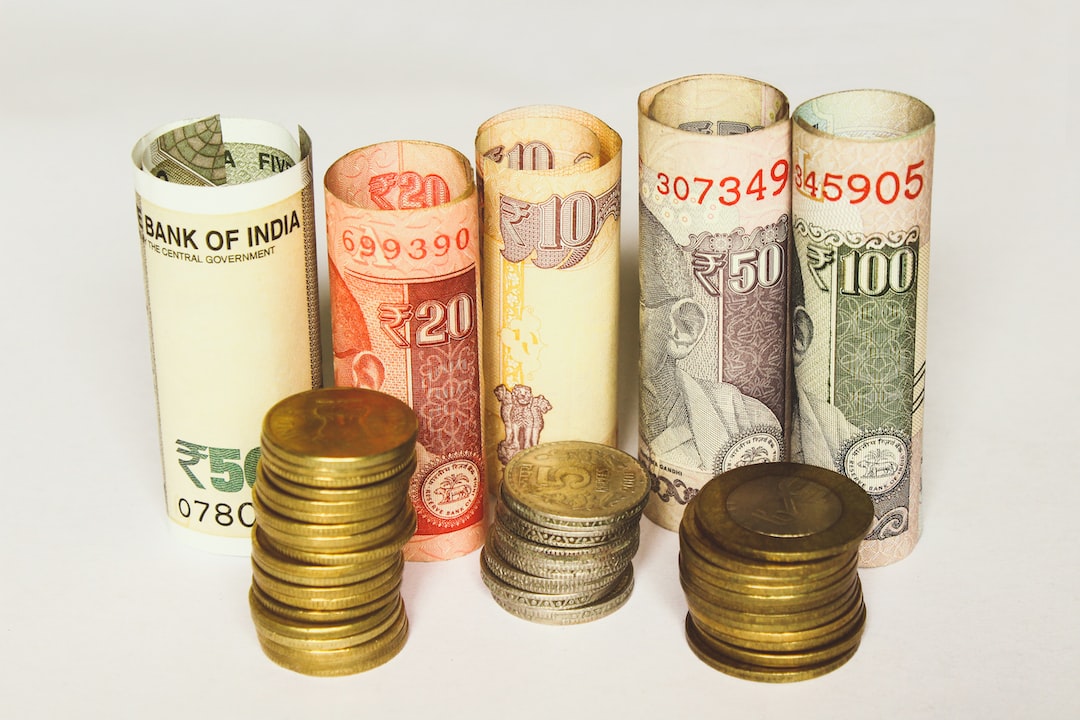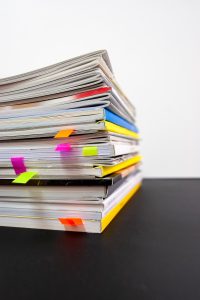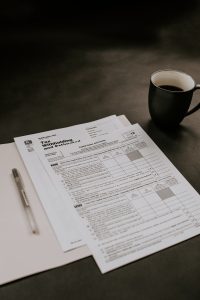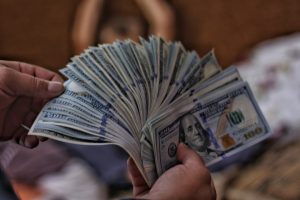Forex trading, also known as foreign exchange trading, is the buying and selling of currencies in the global marketplace. It is a decentralized market, which means that it operates 24 hours a day, 5 days a week, across different time zones. Forex trading is a popular investment option for individuals, businesses, and financial institutions. In this article, we will explore who trades forex and why.
Individuals
Individuals make up a significant portion of the forex trading community. Retail traders can trade forex through online platforms offered by brokers. These platforms allow traders to access the forex market and trade currencies from anywhere in the world. Retail forex trading is attractive because of its low entry barriers. Anyone with a computer and an internet connection can trade forex.
Retail traders can benefit from the forex market’s high liquidity, which means that there is always a buyer and a seller for a currency pair. This allows traders to enter and exit trades quickly and at a fair price. Additionally, forex trading offers high leverage, which allows traders to control a large amount of capital with a small initial investment.
Businesses
Businesses also trade forex to manage their international transactions. Companies that import or export goods are exposed to currency risk, which is the risk of currency fluctuations affecting the value of their transactions. For instance, a US-based company that imports goods from Japan will need to pay in Japanese yen. If the yen appreciates against the US dollar, the company will need to pay more dollars for the same amount of yen.
To mitigate this risk, businesses can use hedging strategies, such as forward contracts or options. These financial instruments allow businesses to lock in a specific exchange rate for future transactions, reducing their exposure to currency fluctuations.
Financial Institutions
Financial institutions, such as banks and hedge funds, trade forex to generate profits for their clients or themselves. These institutions have access to large amounts of capital, which allows them to move the forex market. For instance, a large bank can buy or sell billions of dollars worth of a currency pair, which can cause a significant price movement.
Financial institutions can use different trading strategies, such as technical analysis or fundamental analysis, to identify trading opportunities. They can also use algorithmic trading, which involves using computer programs to execute trades based on predefined rules.
Governments and Central Banks
Governments and central banks also trade forex to manage their foreign exchange reserves. Foreign exchange reserves are a country’s holdings of foreign currencies, which it uses to support its currency value and to intervene in the forex market when necessary.
For instance, if a country’s currency is appreciating too quickly, the central bank can sell its currency and buy foreign currencies to weaken its currency value. Similarly, if a country’s currency is depreciating too quickly, the central bank can buy its currency and sell foreign currencies to support its currency value.
Conclusion
Forex trading is a global market that attracts a diverse range of participants. Individuals, businesses, financial institutions, and governments all trade forex for different reasons. Retail traders can benefit from the forex market’s high liquidity and leverage, while businesses use forex trading to manage their international transactions. Financial institutions use forex trading to generate profits, and governments and central banks use it to manage their foreign exchange reserves.





